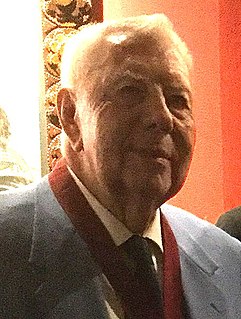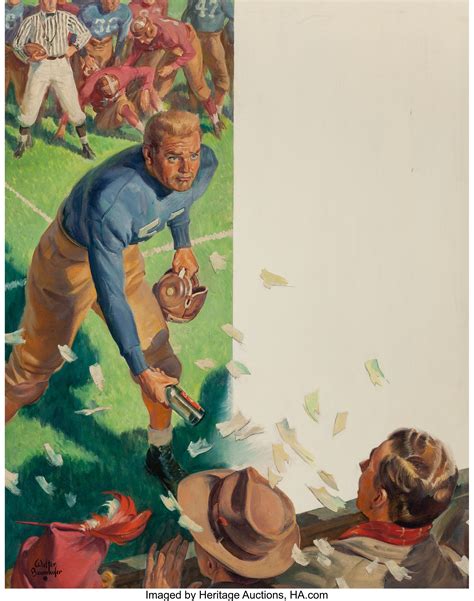A Quote by St. Lucia
When I was a teenager, I never knew anything about art. I think in South Africa at that stage, no one was really exposed to it. There were no museums that had great artists in them.
Related Quotes
I personally have never trusted museums. ... It is because museums, broadly speaking, live off of the art and artifacts of others, often art and artifacts that have been obtained by dubious means. But they also manipulate whatever it is they present to the public; hence, until Judy Chicago, in the 1970s ... few women artists were hung in any major museum. Indian artists? Artifacts only, please. Black artists? Something musical, maybe? And so forth.
I feel like kids that grew up in New York City or in L.A. were exposed to all these subcultures and subgenres, whereas I was only exposed to the poppiest of pop music so I never had this negative connotation towards pop music. That's not South African music having an effect on me, but just how international music was filtered through South Africa affected me. It gave me a not-negative connotation towards pop music growing up.
And now South Africa has finally woken up and it is doing great things. And if South Africa becomes the template to what AIDS is in the sub-Saharan continent, then all the other countries are going to follow suit. And Michel Sidibe, who spoke at the breakfast meeting this morning, was saying that there is so much hope for Africa now that South Africa has got its house in order.
We were land-based agrarian people from Africa. We were uprooted from Africa, and we spent 200 years developing our culture as black Americans. And then we left the South. We uprooted ourselves and attempted to transplant this culture to the pavements of the industrialized North. And it was a transplant that did not take. I think if we had stayed in the South, we would have been a stronger people. And because the connection between the South of the 20's, 30's and 40's has been broken, it's very difficult to understand who we are.
I went to South Africa - Durban, Cape Town, Johannesburg - and those were definitely the "I've arrived" shows. Outside of the money, the success, the accolades ... This is a place that we, in urban communities, never dream of. We never dream of Africa. Like, "Damn, this is the motherland." You feel it as soon as you touch down. That moment changed my whole perspective on how to convey my art.
At the beginning of the 20th century, before the migration began, 90 percent of all African-Americans were living in the South. By the end of the Great Migration, nearly half of them were living outside the South in the great cities of the North and West. So when this migration began, you had a really small number of people who were living in the North and they were surviving as porters or domestics or preachers - some had risen to levels of professional jobs - but they were, in some ways, protected because they were so small.


































